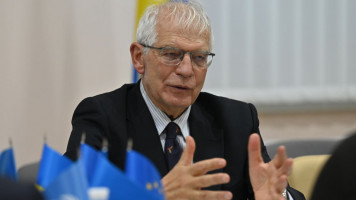Sudan seizes Egyptian tanks from Darfur rebels: President Bashir
Sudan seized and destroyed a large number of Egyptian military vehicles being used by rebel fighters in the eastern province, Darfur, the Sudanese president alleged on Tuesday.
The Sudanese army allegedly intercepted two convoys of vehicles coming from Libya and South Sudan "over the weekend", but it is not thought that any Egyptian personnel were involved in the incident.
"We defeated them, destroying 59 military vehicles," President Omar Bashir said.
"Unfortunately we captured Egyptian tanks and armours in the hands of the rebels."
A spokesperson from the Egyptian government was not available to comment and it has not been possible to verify the president's claims as there has not been any independent journalist working in Darfur for decades.
There has been a civil war between the Sudanese government and a number of rebel groups in Darfur that has continued since 2003.
An African Union-sponsored ceasefire was agreed by two rebel groups last month in Paris, although one faction, the Abdul Wahid group [SLA/AW], has not signed up to this agreement.
Fighting has flared up in the region regardless of this agreement, with an increased number of altercations between Janjaweed fighters and the Sudanese army.
The conflict has left over 300,000 people dead and around 2.5 million others displaced internally, the UN reports.
There has been increased sabre-rattling between Khartoum and Cairo in recent weeks over a land dispute on the border of the two countries.
| Read more: Sudan-Egypt spat: My pyramids are bigger than yours |
Bashir accused Egypt of "occupying" parts of Sudan in an interview with al-Jazeera last week.
"We have done nothing or said anything wrong towards Egypt in spite of the attack on our land and Egypt occupying parts of our territory," Bashir said.
Sudan's defense minister also accused Cairo of "provoking" the Sudanese army in the disputed Halayeb triangle area.
Egypt occupied the 25,000-square kilometre mineral-rich region in 1995, during a low point in relations between the two countries.
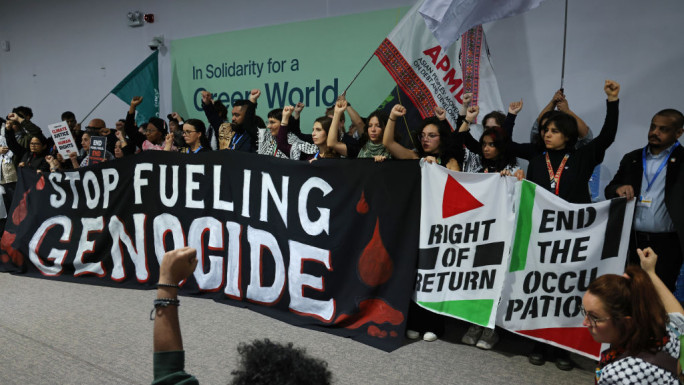
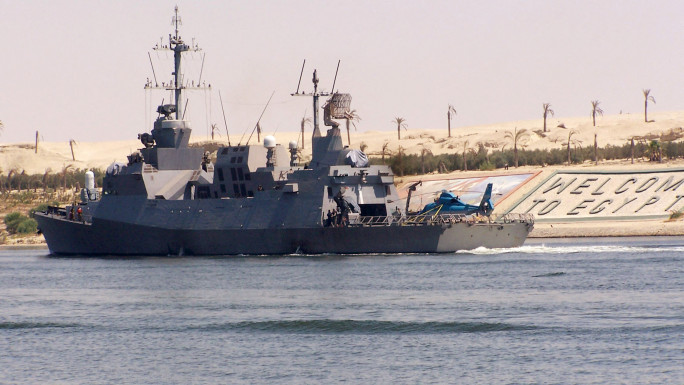
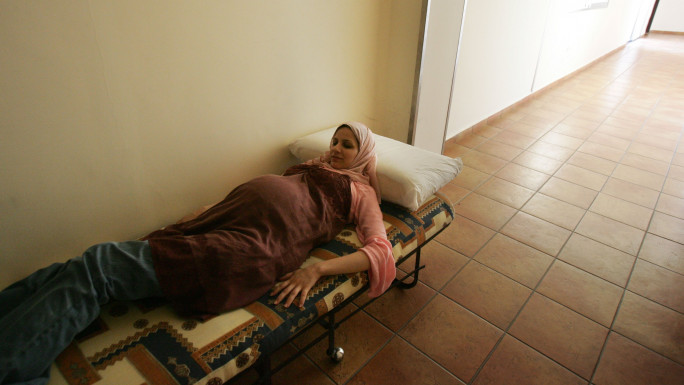
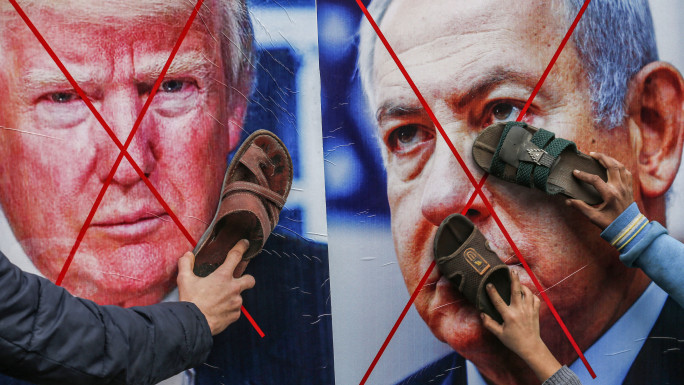
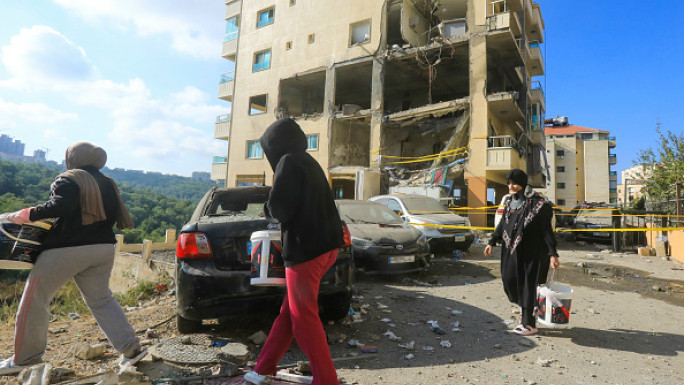
 Follow the Middle East's top stories in English at The New Arab on Google News
Follow the Middle East's top stories in English at The New Arab on Google News
![Gazans reel after Israel strike [Getty]](/sites/default/files/styles/image_330x185/public/2183300682.jpeg?h=a5f2f23a&itok=fN-GAQGE)

